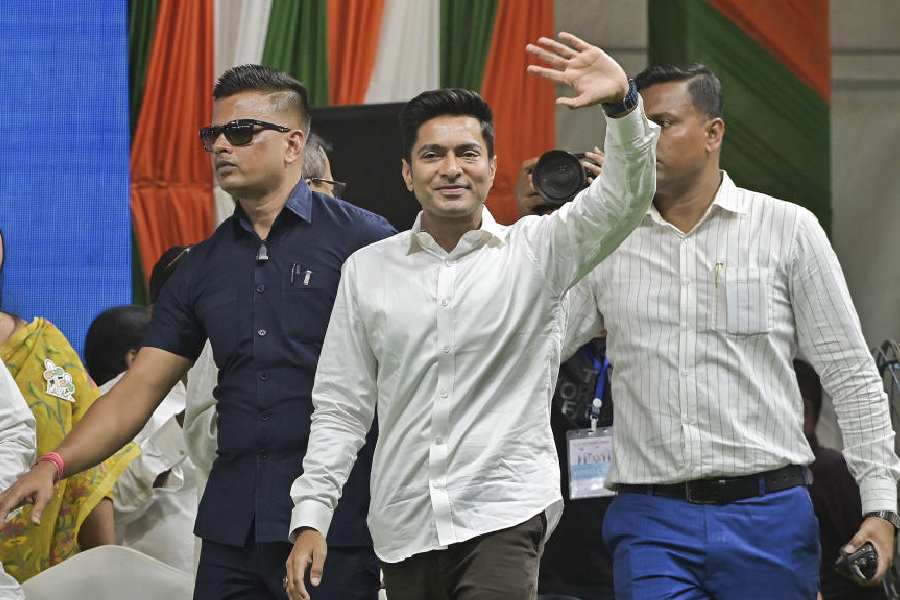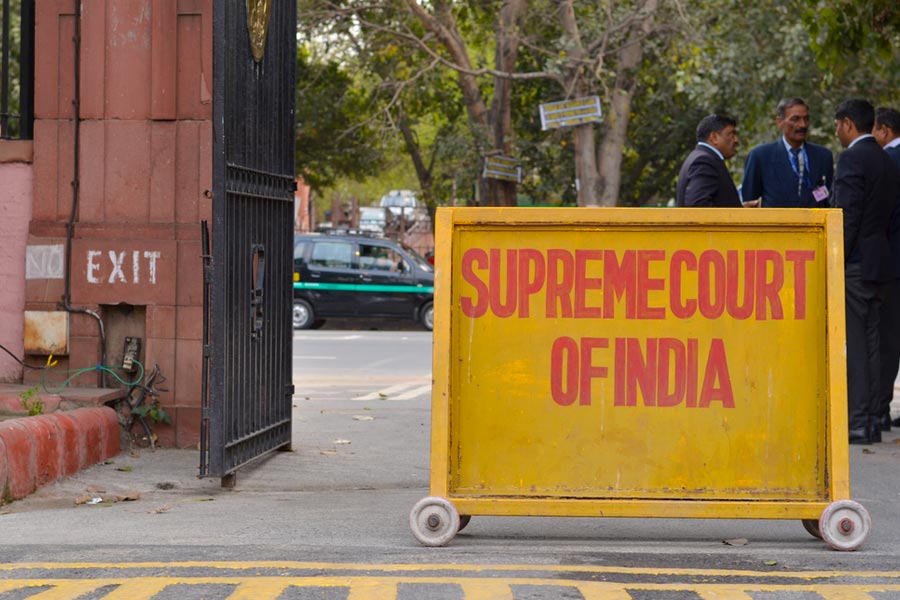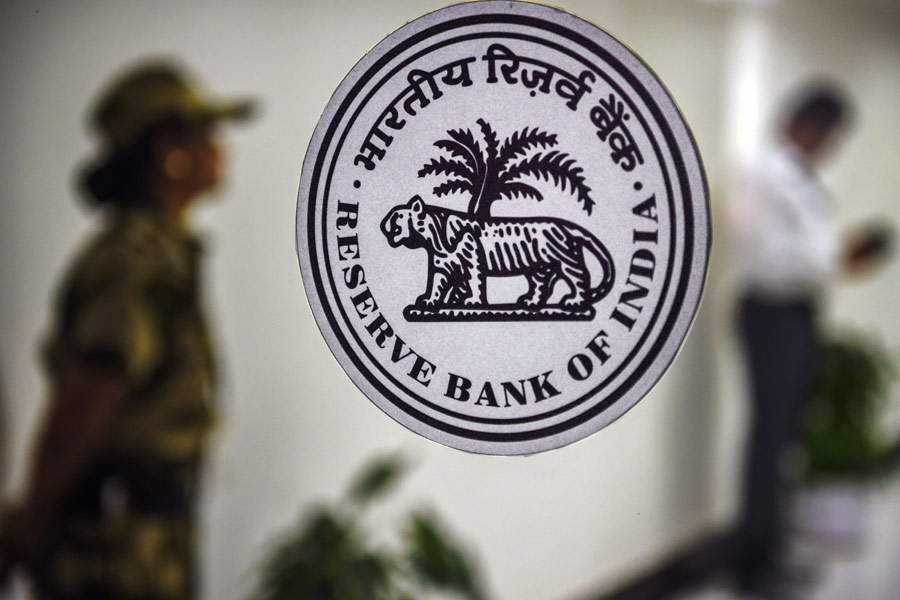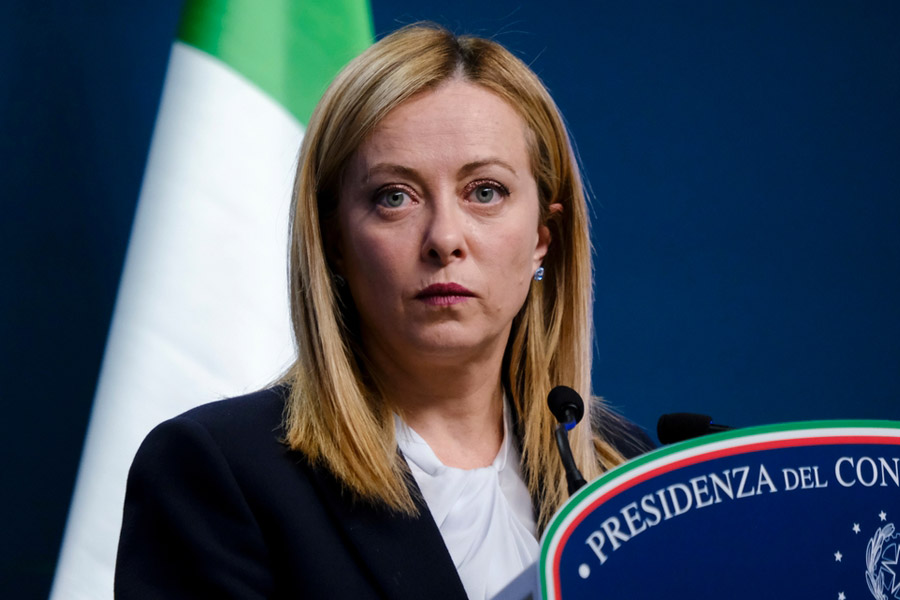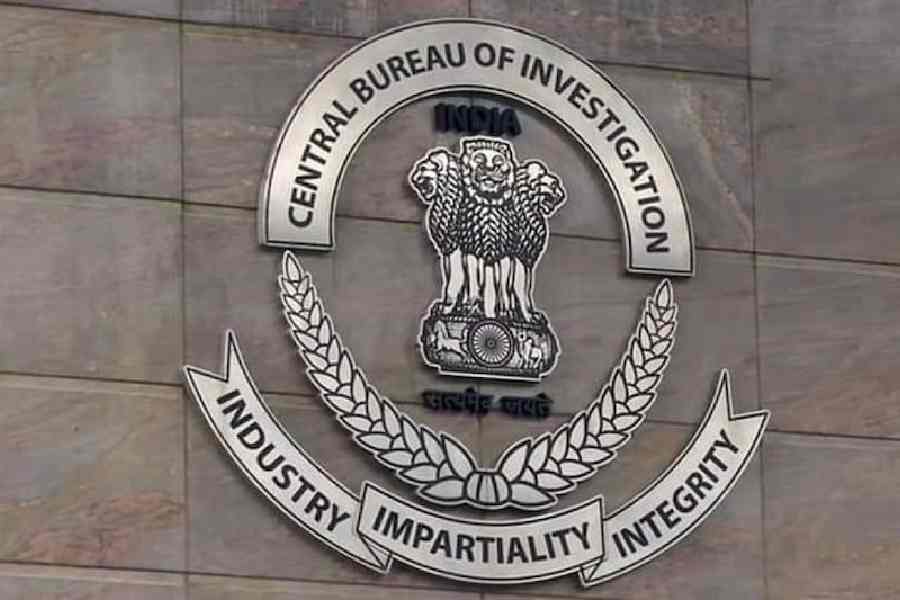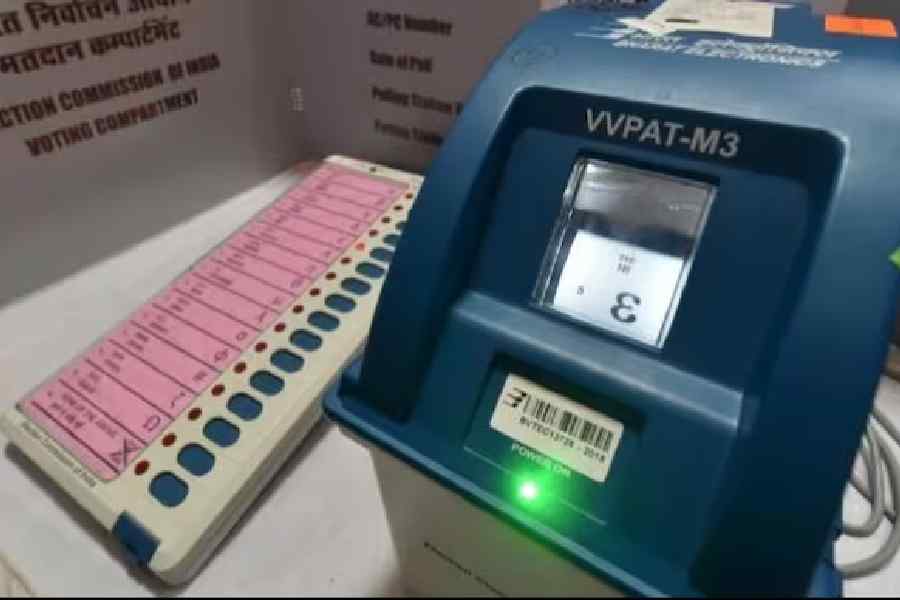India and the European Union are likely to enter into fresh negotiations for a free trade and investment pact, or a broad-based agreement which has eluded them since the talks began in 2007.
The discussions are expected to begin before Brexit happens but the pact will be inked after Britain has exited the European Union.
Top officials said feelers had been sent by both sides and that there were political imperatives for both to resume talks stalled since 2013.
Besides a Europe-Asia Summit currently underway, the European Union has started looking at India as a potential ally in its fight against US President Donald Trump’s arbitrary tariff hikes.
The two sides are co-operating along with China in asking the World Trade Organisation to investigate the Trump administration’s decision to impose metals tariffs on national security grounds.
The India-EU trade talks have in the past been bedevilled by demands from the EU that India reduce import duties on imported vehicles, wines and spirits in return for opening up to Indian garment exports and the financial sector.
“India has in the past looked at the EU and the pact with the EU through a British prism. Post-Brexit, a trade deal between India and the EU becomes easier,” said Bhaswati Mukherjee, a former ambassador to the Netherlands and Unesco.
While the areas of differences over trade had narrowed by 2013, they are expected to reduce further after Brexit as the UK’s insistence on India opening up its financial and insurance markets had become a stumbling block to a deal.
However, both sides need a deal sooner than later as without one, investments in each other’s territories will lack the necessary policy shield.
“All the bilateral investment deals signed by India with European nations have lapsed with the last agreement to come an end being the Netherlands bilateral investment protection treaty,” Mukherjee pointed out.
“We are now carrying on trade and investments based on WTO rules. Any bilateral agreement would be in addition to WTO rules and improvement for businesses from both sides,” she added.
EU officials have in the past balked at India’s insistence on new investment treaty clauses on arbitration and dispute settlement that has been built into a model treaty which forces a foreign investor to first exhaust domestic legal challenges before seeking international arbitration.
Officials said new clauses would not let investors such as Vodafone or Cairn to rush to an international arbitration council without fighting the case in the Supreme Court.
The trade pact also has to address the feeling in New Delhi that the trade deals it signed over the past decade with Asean, Korea and Japan were loaded in favour of their partners.
“It is axiomatic that if an FTA results in trade expansion but is in the interests of one partner, it is a badly designed agreement,” said Mukherjee.


